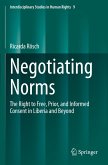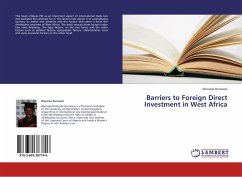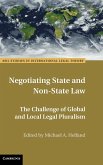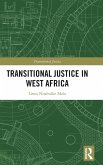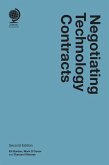With the Marrakech convention establishing the World Trade Organization in 1995 and most of the world countries joining it as member countries, a new era in International Trade is installed. In order to comply with the new rules the European Union started in 2002 to negotiate free trade areas with ACP states that will overhaul the entire way in which parties have been trading in the past. Yet, the ability of the agreements to embody ACP states development concerns is put into question as manny authors in the field start to question their sustainability. This paper examines through a legal analysis of some articles of the Cote d'Ivoire Stepping Stone Agreement, how ECOWAS can strengthen its approach in negotiating a comprehensive EPA for the West Africa region. This study, though intended primarily for the ECOWAS negotiators and the civil society in ACP countries will be useful to scholars and anyone interested in recent developments in North South Trade.
Bitte wählen Sie Ihr Anliegen aus.
Rechnungen
Retourenschein anfordern
Bestellstatus
Storno


